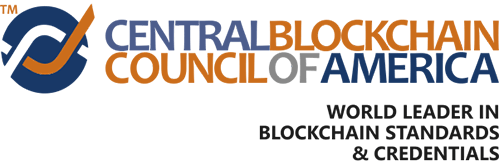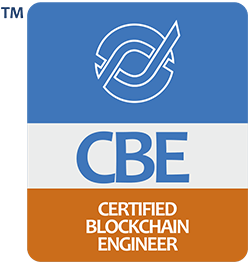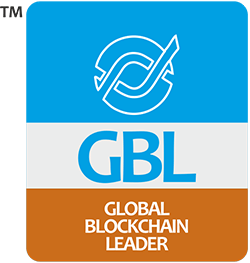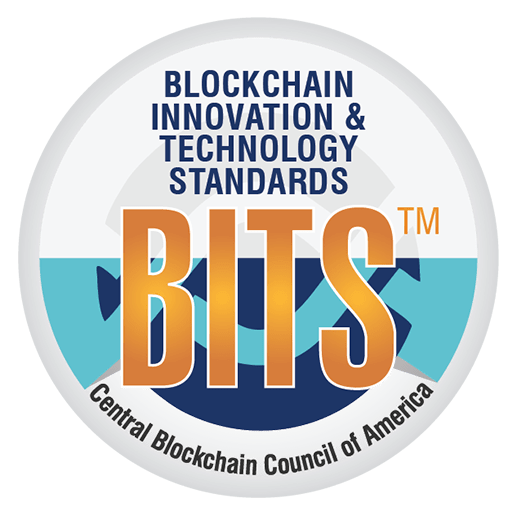Jan 12, 2021
Blockchain technology has rapidly expanded to all industrial sectors including education. The technology is being widely used for digital credentials as it is ideal to secure, share, and verify learning achievements. Let’s explore more on this.
The encrypted credentials or open digital badges is becoming the global standard as it can be viewed in social networks and e-portfolios. Blockchain, the underlying technology here serves as a single linked record for learners’ credentials that are transparent, immutable, and sustainable while giving direct access to the users. The digital credentials on the blockchain network provide a record of educational attainment as it is distributed across many institutions and are easily accessible.
The characteristic features of blockchain enable:
- Students to get a quick and easily verifiable, tamper-proof version of their education
- Distribution of the entire documentation across a wide network of computers
- Identification of addition or modification to the record [if any]
- Simplification of the verification process by the employers
- Identification of forged certificates and false resumes
- Security as the events cannot be publicly readable or accessible without a digital key
- Validation and reinforcement learning through the mentors
- Recommendation of other opportunities for students based on their skill sets
- Employers, recruiters, and other professionals to perform verification inquiries
In brief, blockchain technology creates an infrastructure to document, store, and manage credentials. It facilitates the learners with a sustainable record of their attachments which they can control. Likewise, it benefits the universities as it reduces administrative costs and bureaucracy. This is how the digital credentials are on the blockchain network.
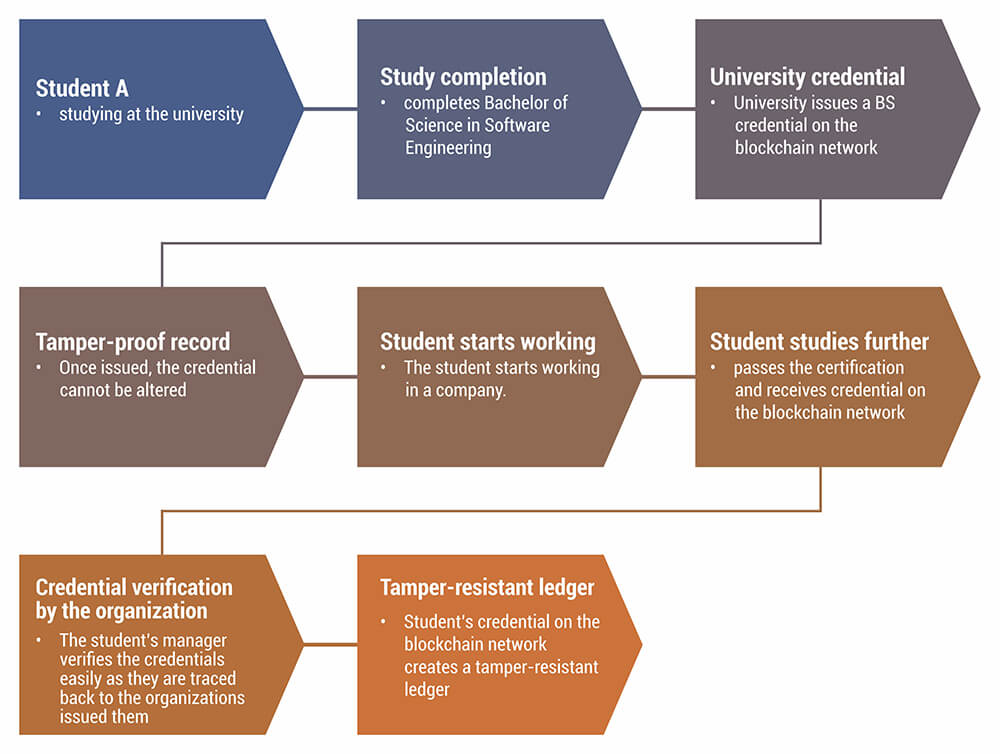
Figure 1: Digital credentials on a blockchain network
Source: IBM Corporation
Moving forward, let’s revisit how the verification process is done without blockchain technology.
The verification process for traditional paper transcripts is slow taking weeks from the time of the request to the time they receive it. In this information age, where there is continuous skills update and learning is becoming a lifelong journey, the traditional process is indeed counterproductive.
Further, the traditional paper transcripts may miss a description of the skills achieved, extra-curricular activities, voluntary service, internships, and many more. Personality traits such as motivation, creativity, or leadership potential are also missing factors. Blockchain technology overcomes these shortcomings of traditional paper transcripts.
Several institutions such as UK NARIC, PESC, AACRAO, CHESSIC, Mozilla, and Deakin University are experimenting with blockchain or at the least exploring the potential. Take a look at the universities conducting pilot projects or implementing blockchain for their credentials.
- Holberton School in the USA delivers certificates on a blockchain network. The certificate, being issued in a secure environment requires a 256-bit encrypted private key and 2-factor authentication to access making the certificate’s content sealed and tamper-proof.
- MIT Media Lab issues digital certificates to its broader community, such as Directors Fellows using Blockcerts.
- Pilot projects have also been conducted in a few EU universities, including the University of Nicosia, and a nation-wide experiment in Malta.
- The UK’s Open University Knowledge Media Institute (KMI) has created an Ethereum based blockchain platform: OpenBlockChain for academic applications and is experimenting with micro-credentials. The micro-credentials are documented through smart contracts and provide details on security assertion, issuer, recipient, criteria, and accomplishment.
Being more reliable, blockchain technology secures and shares academic and professional credentials. If you are looking for credentialing programs in blockchain, it is recommended to earn blockchain certifications that come with a digital badge. Digital badges assure you a profile that will add to your digital presence and attract recruiter attention globally.
To summarize
Today’s generations are lifelong learners, and they opt for alternative credentials to supplement their formal education. Accordingly, the credentials may include different kinds of degrees, micro- credentials, nanodegrees, certification badges from the different credentialing organization. At this juncture, blockchain technology promises permanent authentication and storage solution for the growing alternative credentials market. It helps the employers to review the actual competencies of the job applicants along with their graduation and the University details.
Are you in for the new generation of digital credentials led by the blockchain?
